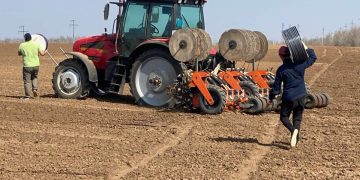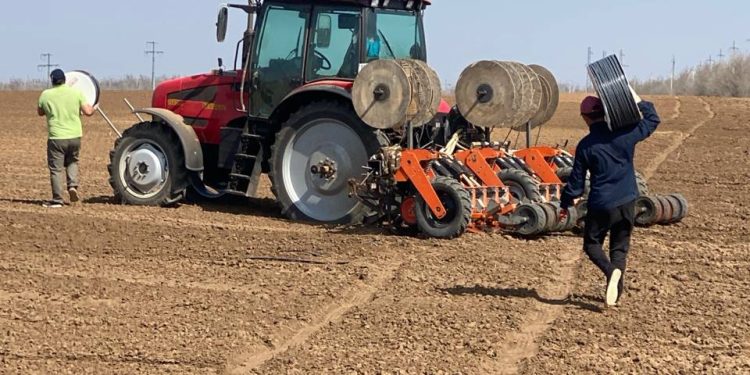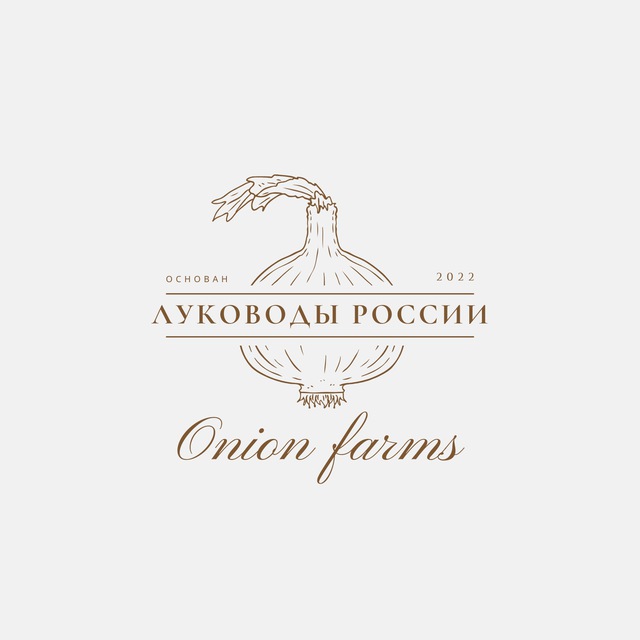Despite the low prices of onions in the 2023-2024 season, Russian farmers are not reducing the areas under its cultivation. In the backdrop of constantly changing political and economic landscapes, domestic onion breeding is actively developing, in search of more resilient and locally adapted varieties.
However, behind these encouraging trends lie serious challenges and problems. The situation regarding the control of pesticide import and circulation in the Russian Federation remains absurd, reminiscent of the proverb “beat your own to scare the strangers.” Regulatory bodies strive to control law-abiding producers from all sides, creating numerous inconveniences for honest businesses. At the same time, counterfeit and unregistered products are imported into the country under the guise of untraceable goods.
This paradoxical approach to control and regulation leads to law-abiding business entities being at a disadvantage compared to unscrupulous producers and traders. Moreover, restrictions and control by the Federal Service for Veterinary and Phytosanitary Surveillance (Rosselkhoznadzor) may force end consumers to resort to purchasing unregistered or counterfeit goods, thereby avoiding government oversight.
The current situation opens up wide opportunities for illegal actions, especially considering the open borders with neighboring countries. Non-compliance with regulations and a complete transition to unregistered goods become attractive alternatives for many market participants facing pressure from regulatory authorities.
In this regard, stricter supervision of legislative violations and unethical activities is required to maintain honest practices and ensure the quality and safety of products in the market. Only through joint efforts of the government, businesses, and society can favorable conditions be created for the development of domestic agriculture and the provision of the population with quality and safe products.
































